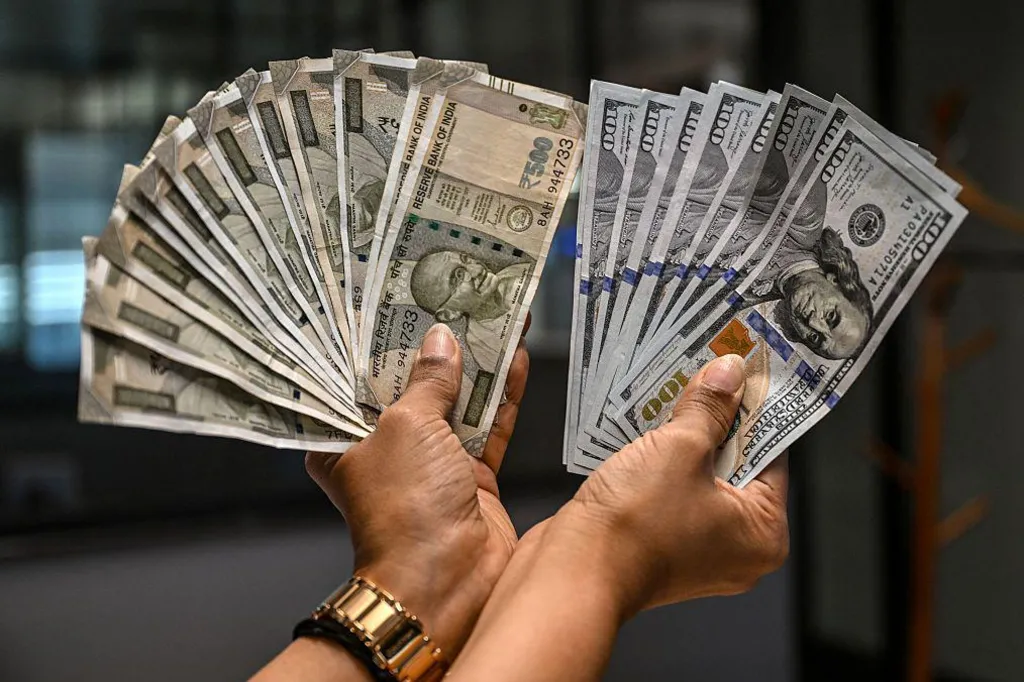Donald Trump’s expansive “One, Big, Beautiful Bill Act” has a provision that might steal billions of dollars from foreign-received funds. A 3.5% tax on remittances sent overseas by foreign workers, including those with temporary visas like H-1Bs and those with green cards, is proposed. According to analysts, the consequences are severe for India, the country that receives the most remittances worldwide. Bangladesh, France, China, Mexico, and the Philippines are among the top receivers.
According to a study by analysts from the Reserve Bank of India (RBI), Indians living overseas sent home $119 billion (£88 billion) in 2023, which was more than foreign direct investment and could cover half of India’s goods trade imbalance. The US accounted for the greatest portion of this. For millions of migrants, that includes the funds sent to pay for a mortgage back home, a nephew’s schooling, or a parent’s prescription drugs.
Migrant workers, many of whom already pay taxes in the United States, might be defrauded of billions of dollars by a simple fee on remittances. The probable outcome? a decline in India’s most reliable external funding source and an increase in unreported, informal financial flows.
The World Bank reports that since 2008, India has maintained its position as the largest beneficiary of remittances, increasing its share from 11% in 2001 to 14% in 2024. According to India’s central bank, remittances are predicted to continue to grow and reach an estimated $160 billion by 2029. Since 2000, the remittances from the nation have continuously remained at about 3% of GDP.
Also Read:
After Months of Political Unrest, the Opposition in South Korea Wins the Presidency.
Musk Says Trump’s Tax and Spending Plan Has Disappointed Him

